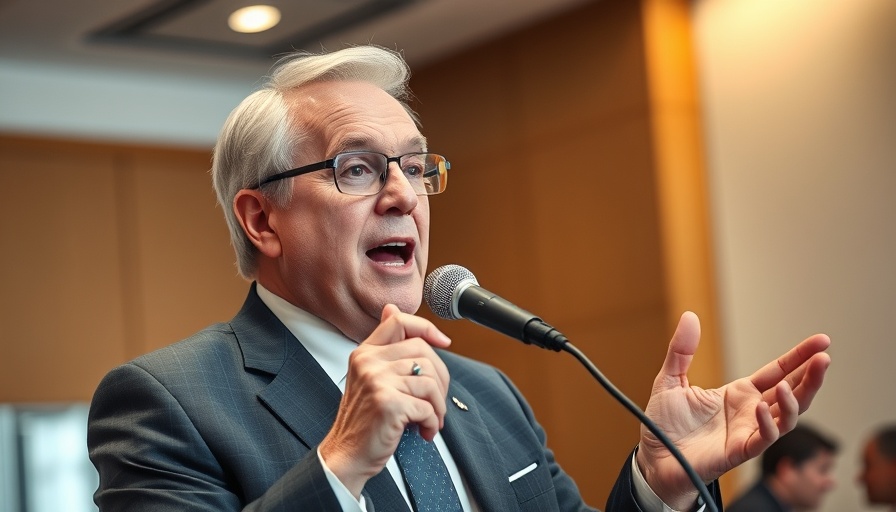
Guyana and the U.S.: A Growing Economic Partnership
Bilateral trade between Guyana and the United States has reached an impressive milestone, achieving a record US$4.7 billion. This notable figure was announced during the recent U.S. Independence Day celebration by U.S. Ambassador to Guyana, Nicole Theriot. The growing number of American companies partnering with Guyanese firms reflects a deepening economic bond between the two nations.
Ambassador's Remarks Highlighting Growth
During the celebration, Ambassador Theriot emphasized the continuous expansion of U.S. investment across various sectors in Guyana, including agricultural technology and infrastructure. "Over the past year, we’ve celebrated many new ventures, from company launches to groundbreaking partnerships," she stated, indicating that the excitement surrounding trade opportunities is palpable.
Guyana's Vision for Diversified Trade
Guyana's President, Dr. Irfaan Ali, also commented on this significant trade increase, expressing optimism about diversifying trade relationships. His administration is focused on enhancing food production, bolstering food security, and reducing import dependence. This proactive approach aims to uplift communities and accelerate economic growth through collaboration with international partners like the United States.
Historical Cooperation and Future Outlook
This partnership between Guyana and the U.S. has evolved over five decades, marked by efforts to combat transnational crime and modernize agricultural practices. As both countries strengthen their military and security cooperation, Ambassador Theriot noted that the relationship now extends “far beyond mere words,” highlighting significant strides made in various collaborative initiatives.
As Guyana looks toward a future of increased trade, this record figure sets a promising precedent for continued economic collaboration. The optimism from both leaders signals exciting prospects not only for bilateral trade but also for the development of key sectors in Guyana, a nation that is poised for growth.
 Add Row
Add Row  Add
Add 




Write A Comment